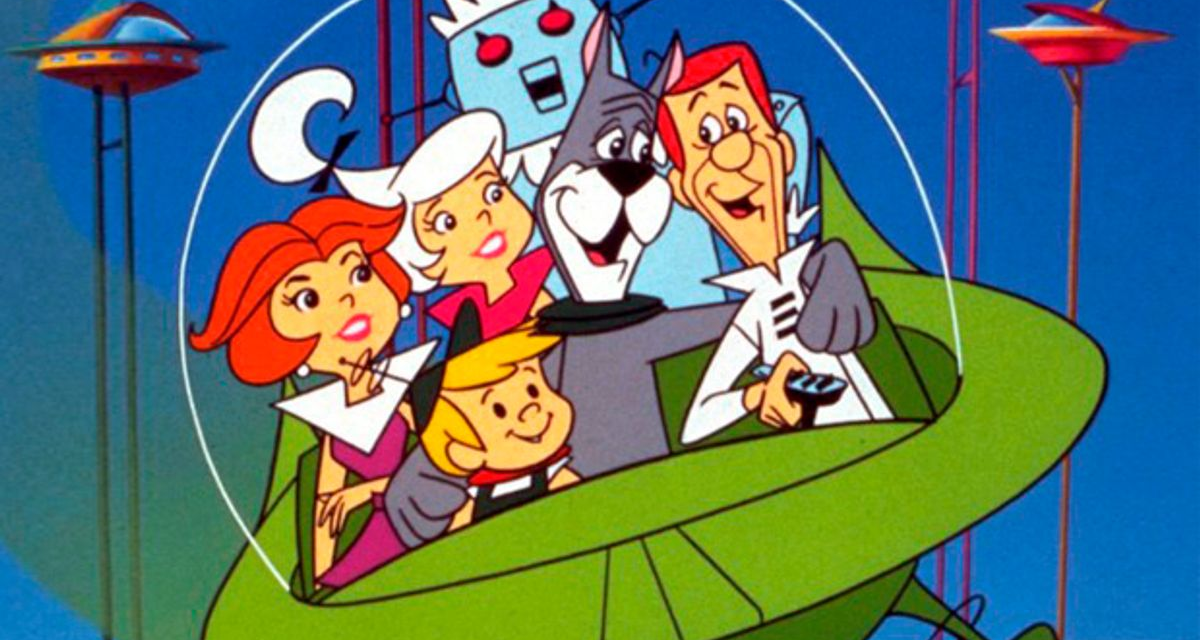Artificial Intelligence, judging from the attention it has garnered, is The Next Big Thing, certainly if technology companies and marketers have anything to say about it.
These observations come from a once-upon-a-time humanities student and teacher who ended up as a journeyman software jockey in a few large tech corporations over the past forty-plus years. I worked mostly on conventional, commercial software projects as both a developer and a “leader.” But serendipitous opportunities brought me some exposure to data science, big data analytics and, most recently, business process automation.
This last discipline is far from the sexy content generation of headlines; rather, it is the office worker analog to self-check-out at your local store – it follows rules and alternate decision paths to emulate the routine tasks of people pushing a mouse through web sites, spreadsheets, and other applications to effect one or another outcome.
When life moved me out of the classroom and into software development, the initial attractions were the joy of problem solving and access to concrete, tangible results coming out of my efforts. And there was, and remains, the cool factor: look what I can make this machine do! I wonder what else I can make happen …
Clearly, our technology confers the benefits of efficiency, time savings, effort reduction and considerably less dirt under our fingernails as we collectively navigate life’s challenges. And it brings to bear unquestionably significant assistance to any number of useful endeavors, such as medical diagnostics.
Human civilization has evolved from tools (and weapons) of flint, bronze, and iron to silicon and nanotechnology. We’ve progressed from hunting and gathering to family farming to industrial agribusiness. Our life spans and our numbers are on a steady climb. We’ve gone from the Flintstones to the Jetsons, quick as a wink. While we’re at it, Homer’s “earth that feeds us all” is rapidly becoming humanity’s trash pit. And his night sky is littered with low earth orbit satellites.
The last tech outfit for which I worked, which operates far from the leading edge of innovation, portrays its purpose as “advancing human progress.” But clearly, its motivations are profit and power, market share and shareholder value. As it rides the wave of AI, its stock value soars while its employee population shrinks. “Business transformation” is the euphemism in the mouths of the current masters of the universe.
The story of artificial intelligence is, perhaps, merely another chapter in the book. It has evolved from relatively simple operations such as factory floor automation and supermarket self-check-out to the ability to grow big data from the quaint text corpus of ten years ago to the present large language models’ ability to access most of the data ever produced – and to use that data to produce frequently useful responses to questions and prompts from folks like you and me. (Well, not me. Adhering to my quasi-Luddite sensibility, I have opted not to use any of the widely available generative AI tools, at least so far.)
I confess that much of this sounds like great stuff. But I worry that it carries not well understood costs and consequences. Not unlike the climate change precipice we are teetering on, I fear, we are approaching the point when the tool shall wield the master. But I have neither Isaac Asimov’s vision nor his intelligence, so you might just be reading a soliloquy from a two-legged Eeyore.
Nonetheless, for those of you who have boarded the train, here is a simple challenge/request:
Every now and then, ask your preferred AI companion: What is the point of Homo sapiens?
Observe any evolution in the responses over the coming months and years. If the responses begin to worry you, perhaps the climate change metaphor applies, it’s probably a bit late in the game.

